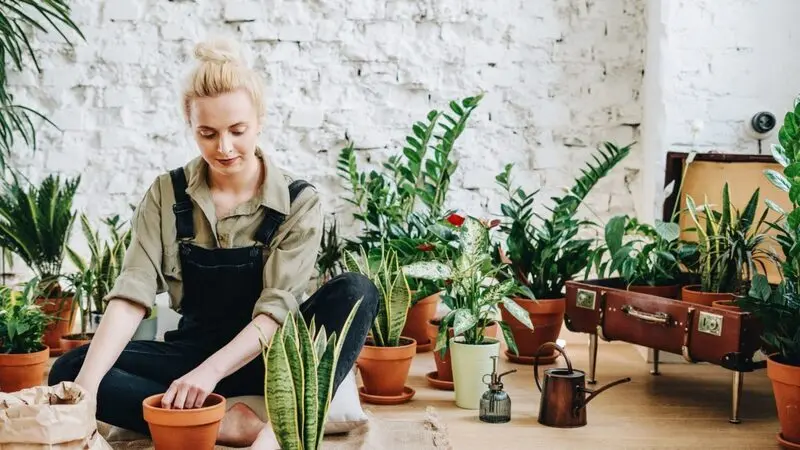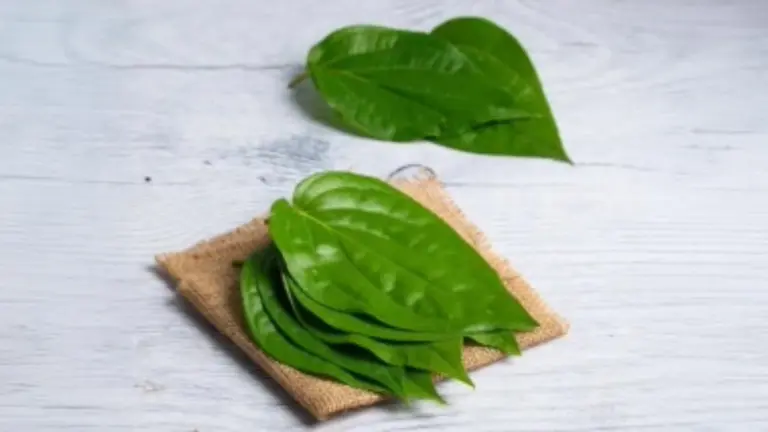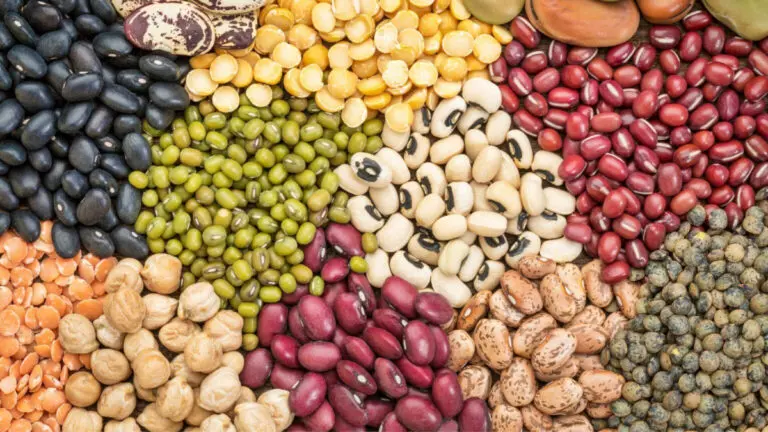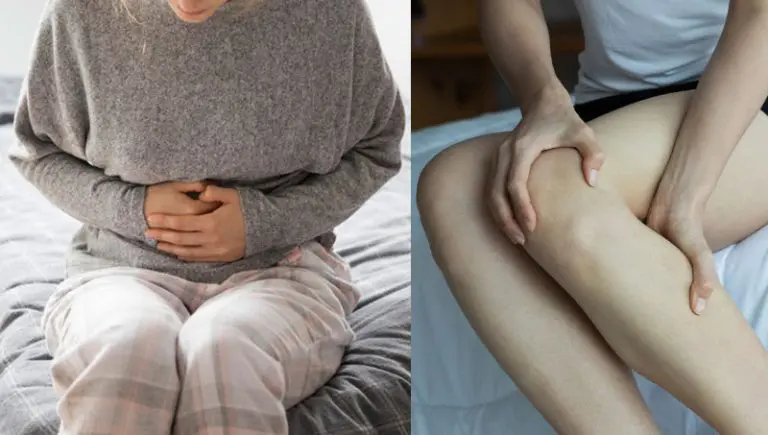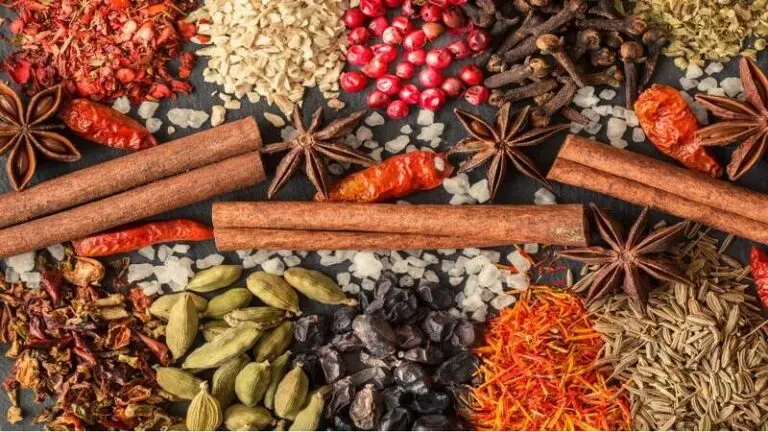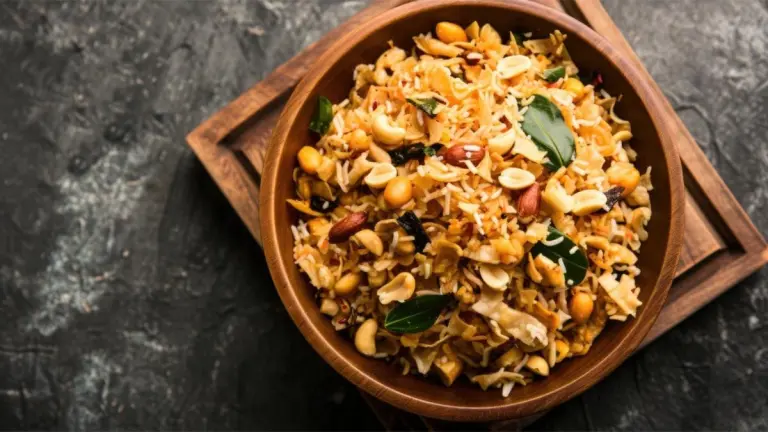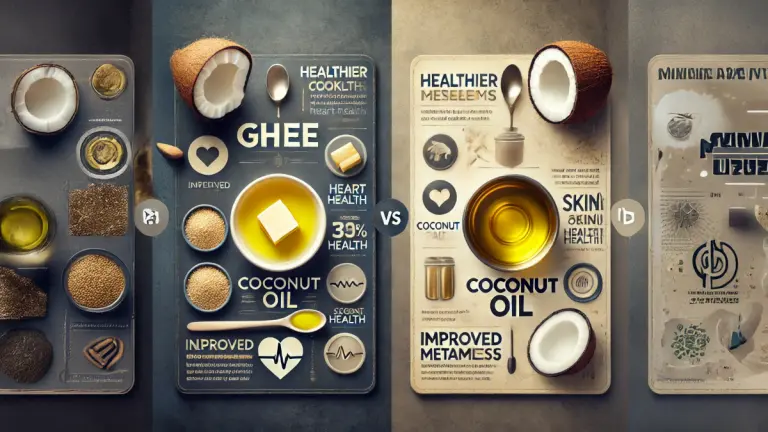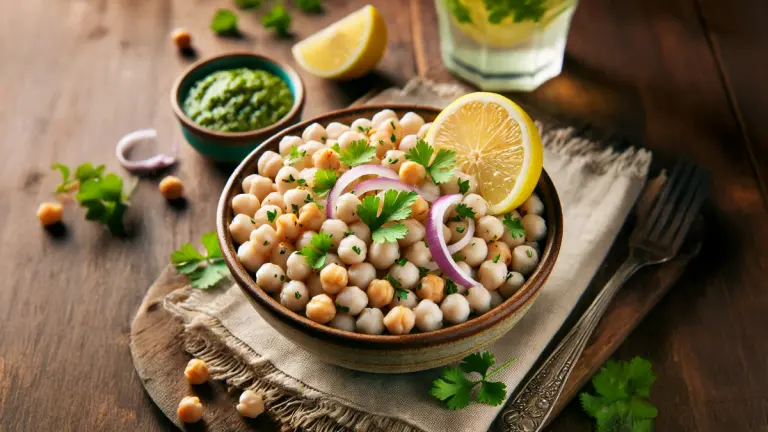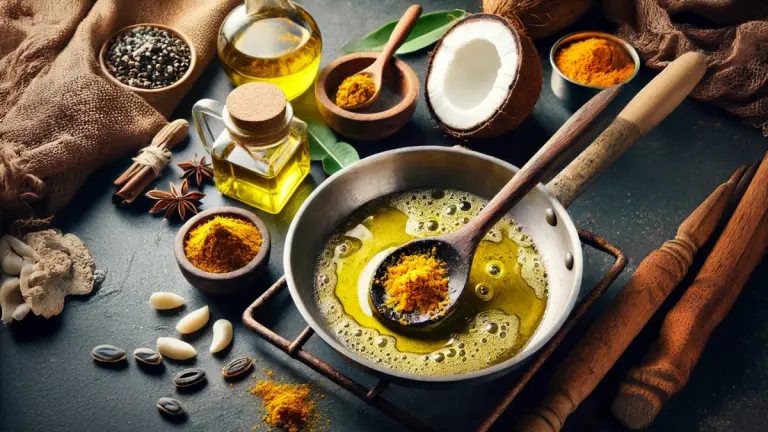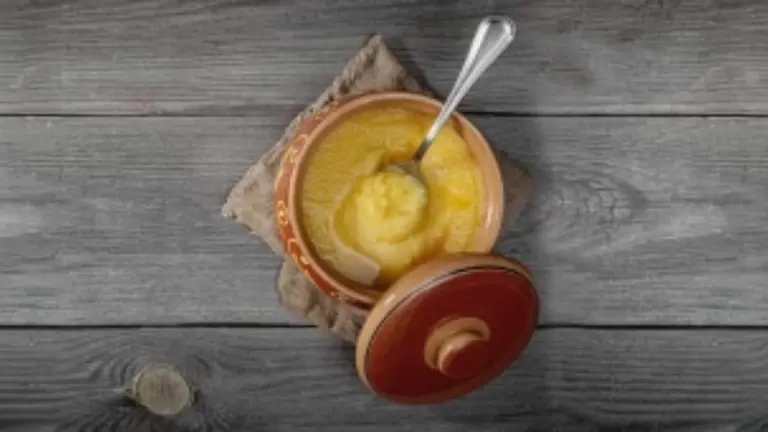Plants have long been known for their ability to positively impact human health and well-being. It includes btheir ability to change our state of mind. From reducing stress levels to improving our mood and productivity. Also, they can have a profound effect on our mental health and overall well-being.
One of the most significant ways that plants can help change our state of mind is by reducing stress levels. They have a calming effect on the mind and body and can help reduce anxiety and tension. Studies have shown that simply being around them can lower cortisol levels, a hormone that is associated with stress. This is why many people choose to have plants in their homes and workplaces.
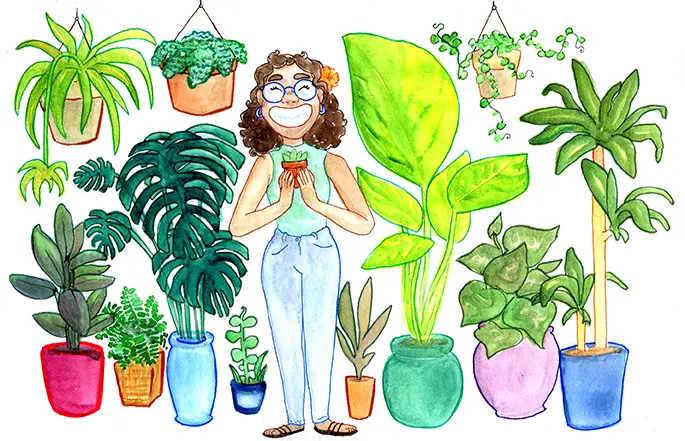
The presence of plants in our surroundings can also have a positive impact on our mood. They release phytoncides, which are natural chemicals that can have a calming effect on the mind and reduce feelings of anxiety and depression. In addition, the color green, which is commonly associated with plants, has been shown to have a soothing effect on the mind and body. This is why many healthcare facilities and other public spaces choose to incorporate plants into their design.
Positive impact of plants
Plants can also help improve our cognitive function and productivity levels. Research has shown that having plants in the workplace can improve concentration levels, reduce mental fatigue, and increase productivity. This is because these can help improve air quality and provide a sense of tranquility and calmness in the environment. In addition, they can also improve our creativity and problem-solving skills, which can be beneficial in both personal and professional settings.
Another way that plants can change our state of mind is by improving air quality. These are natural air purifiers and can help remove toxins and pollutants from the air. This can have a significant impact on our overall health and well-being, especially for those with respiratory conditions or allergies. Improving air quality can also help reduce symptoms of asthma, improve sleep quality, and promote overall physical health.
Caring for plants can also have a positive impact on our mental health and well-being. Gardening and plant care have been shown to improve mood, reduce stress levels, and provide a sense of accomplishment and fulfillment. This is because gardening and caring for plants require physical activity, which can have a positive effect on our mental health. In addition, growing planters can also help improve our connection to nature, which has been shown to have a profound effect on our mental health and well-being.
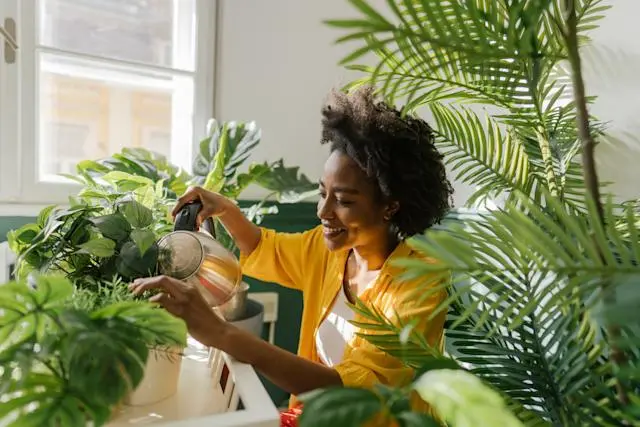
Incorporating them into our daily lives can be an effective way to change our state of mind. Also, it promotes overall health and well-being.
Here are some ways to incorporate plantations into your daily routine:
- Keep planters in your home: Adding plants to your home can help reduce stress levels and improve air quality. You can choose from a wide variety of indoor planters that are easy to care for and can thrive in low-light conditions.
- Create a green workspace: Incorporating plants into your workplace can help improve productivity levels and reduce mental fatigue. You can choose from a variety of planters that can thrive in office environments and require minimal maintenance.
- Start a garden: Gardening can be a great way to improve your mood, reduce stress levels, and promote physical activity. You can start a small herb garden or grow your own vegetables and fruits.

- Take a nature walk: Spending time in nature has been shown to have a positive impact on our mental health and well-being. Take a walk in a nearby park or nature reserve to enjoy the benefits of being surrounded by plants and other natural elements.
- Attend a plant-based workshop: Joining a plant-based workshop or class can be a great way to learn more about them and how to care for them. This can also be a great way to meet new people who share your interests.
Overall, incorporating plants into your daily routine can be an effective way to change your state of mind.
Connect with us :
https://www.youtube.com/themonktravel
https://www.facebook.com/TheMonk/

